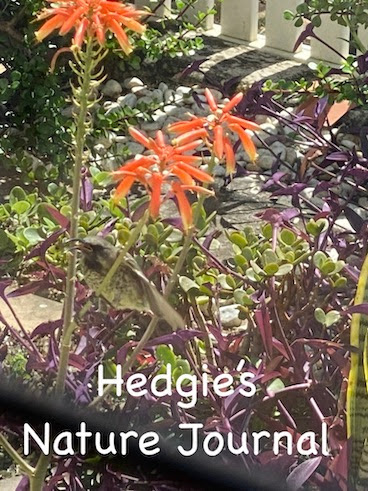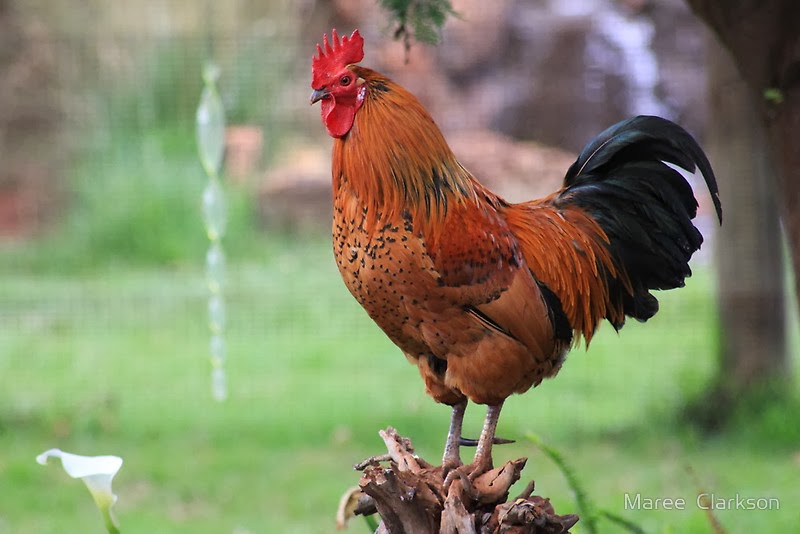Become part of the urgent declaration for the rights of Mother Earth. I found this declaration on the internet and would like to publish it here to remind us all that, if everybody just did their bit on treating Mother Earth right, together we will all make a change.
At the recent World Social Forum in Porto Alegre, Brazil, there were
appeals for taking hands across the globe to further the work of
alternatives such as the Rights of Nature and Restoration of the Commons
to counter-balance the current trend to commodify and marketise
ecosystems and nature as a way of combatting climate change. In
addition, several recent case studies have shown that communities and
lawyers had been able to fight back the vast powers of multi-national
companies to exploit their natural resources by applying the concepts of
the Rights of Nature.
Environmental lawyer Cormac Cullinan is part of a global alliance
whose aim is to give legal rights to nature, thereby ensuring that
humans have a future on this planet.
The African Declaration is a DRAFT document, it is not a complete
document and will need to be continually discussed. The idea is to work
with citizens across South Africa to further develop, comment,
translate, and critique the African Declaration, to open up a form of
exchange around the Universal Declaration of Rights for Mother Earth.
This declaration feeds into and contributes to the universal
declaration, and should not be seen as a conflicting document but rather
a complimentary process.
We, the peoples of South Africa, Grateful to Africa for feeding our
bodies, sheltering us, inspiring our imaginations, and shaping our many
cultures and spiritual beliefs; mindful that the ancestral wisdom of
Africa teaches that we come into being through our relationships with
the whole community of life and that to unfold our full humanity we must
respect and live in peace with all beings; inspired by our love for
this ancient land and for the animals, plants, mountains and rivers that
are our kin and who safeguard the well-being our people; mourning the
harm that has been caused to the community of life by the arrogant and
disrespectful manner in which industrialised societies treat other
members of that community; convinced of the need to take decisive action
to turn the course of our societies away from selfishness, greed,
exploitation, and separateness; Determined to create healthy human
communities in which everyone lives well through respecting Earth in all
her many forms; standing in solidarity with all who defend the rights
of the natural communities to which we belong; pledge ourselves to
strive whole-heartedly together to live in harmony within the community
of life and to respect and defend the rights of all beings to fulfil
their role within that community.
Earth is sacred
Earth is sacred to us and no person or legal entity has the right to
pollute or degrade the soils, waters and atmosphere that sustain life.
All plants, animals and other creatures are our kin and we shall
respect, uphold and defend their rights to play their unique role within
the community of life. Sacred forests, pools, mountains and other
places shall remain wild.
Each has the right to its place in the community
Every creature, large or small, every plant, rock, mountain, river,
or sea that has come into being has the right to exist in its place, to
be respected and to fulfl its role within the community of life.
All shall live well
We shall respect the rights of all the other members of the natural
communities to which we belong so that all may live well in harmony with
one another.
We shall safeguard the fertility of the soils, the purity of water
and air, and the health of natural communities that make living well
possible so that all beings can live well now and in the future.
Human communities shall provide their people with food, water,
shelter and social opportunities in ways that do not prevent natural
communities from doing the same for their other members. No person has
the right to pursue their own wellbeing at the expense of the natural
communities, systems and processes that sustain us all.
A giving for every taking
Every person and each generation shall maintain natural balances by
giving to natural communities in return for what they receive. Until the
composition of the atmosphere is restored to balance each person and
each generation must ensure that their presence on Earth causes more
carbon to be removed from the atmosphere than is release into it.
Healing shall replace exploitation
Human activities that disrupt vital ecological balances and functions
shall be stopped and replaced with practices that improve the health of
natural communities.
Practices that erode the land and deplete the natural fertility of
the soil shall be replaced with growing and harvesting practices that
work with natural processes to enhance the fertility of the land and the
health and resilience of natural communities.
Communities shall decide for themselves
The rights of people to beneft from the land and other beings fows
from our relationships with them and decisions that impact on the
integrity or health of a natural community shall be made by people who
have deep relationships with that community and will experience the
consequences of the decisions most directly. Those who are not part of a
natural community do not have the right to make decisions or take
actions that harm or threaten the integrity, health or functioning of
that community. Those who intentionally or recklessly damage natural
communities or put them at risk shall forfeit the right to make
decisions that may harm them.
Communities shall protect themselves
Each community has the right to defend itself from being harmed by
outsiders. People who respect and live in harmony with the other members
of a natural community shall care for and defend that community and
stop human activities that they have good reason to believe may harm the
community.
Life before property and profit
The rights of present and future generations to live in harmony
within healthy natural communities shall prevail over the rights of any
person or legal entity to property or profts. The interests of
corporations, the state and other artifcial entities shall not be
permitted to take precedence over the interests of natural communities.
Those that harm Earth shall be held accountable
Any person or legal entity that harms or profts at the expense of a
natural community shall be held accountable for restoring its integrity,
functioning and health.
No person shall be permitted to use corporations or other legal
devices to avoid or limit their responsibilities to their fellow members
of natural communities. Corporations and legal entities that harm or
violate the rights of natural communities shall forfeit their privileges
as legal persons.
All shall have legal rights
The Universal Declaration of the Rights of Mother Earth shall be
adopted and implemented. Laws that recognise, respect, and protect the
rights of all members of natural communities shall replace those that
give people or legal entities the right to pollute the waters, seas,
soils, and atmosphere, to infict cruelty and to violate the rights of
natural communities.
Public bodies shall safeguard the conditions for living well Public
bodies shall promote human development through living well in respectful
co- existence within natural communities and shall safeguard the
conditions necessary to do so. In order to do so they shall:
- Make the effective protection of the integrity and health of natural
communities and the maintenance of the conditions necessary to live
well their highest priority;
- Develop and implement policies, laws and systems that prevent human
activities from disrupting the natural processes and functions on which
we all depend;
- Cease funding activities that disrupt or endanger vital natural processes and systems; and
- Promote values, technologies, production methods and behaviour
patterns that enable people to live well and that beneft the whole
community of life.
.























